Website speed is pivotal for the success of any online venture, especially e-commerce platforms. It is not just about user convenience. It is about retaining potential customers and optimizing conversion rates. A staggering 82% of consumers admit that a website's loading speed influences their purchasing decisions. The repercussions of a slow website are not just limited to user experience but extend to SEO rankings and overall revenue.
A one-second delay in page load time can lead to a 7% loss in conversions, 11% fewer page views, and a 16% decrease in customer satisfaction. For instance, the BBC experiences a loss of an additional 10% of users for every extra second it takes for its site to load. Similarly, when Yahoo! reduced its page load time by 0.4 seconds, it observed a 9% increase in traffic.
The ideal loading time for a webpage is under three seconds, with the average speed on the first page of Google search results being 1.65 seconds. However, the reality is harsh, with the average time to fully load a webpage being 10.3 seconds on desktop and a whopping 27.3 seconds on mobile. This is alarming considering that mobile devices account for 58% of site visits and 42.3% of the total time spent online, emphasizing the need for mobile optimization.
Another study revealed that 40% of users would abandon a webpage that takes longer than 3 seconds to load. In fact, a one-second delay in page response can lead to a 7% reduction in conversions and 11% fewer page views. For a retail business generating $200,000 daily, this one-second delay could result in a $5 million annual loss in sales.
Minimizing your page load time can profoundly affect your site's overall success, so it’s crucial to optimize the performance of your online store. However, before enhancing your ecommerce store's speed, it’s essential to evaluate its current performance. Numerous website speed test tools are available to ensure optimal functionality. We have curated a list of the top 7 ecommerce testing tools to assess your online stores' performance.

Why is Your Website’s Speed Significant?
Page load time is a pivotal web performance metric that determines the time a page needs to fully load in the browser. It is a critical indicator of your website’s prosperity as it impacts conversion, revenue, traffic, page views, and overall reputation. Here are additional reasons why utilizing ecommerce website testing tools to attain high speed for your online store is essential:
SEO Compatibility: The load time of your store influences the ease with which customers can navigate your website, as it’s a crucial factor that Google considers when ranking sites. Google employs page load time in algorithms determining search engine rankings, favoring faster-loading websites. Enhanced store speed also allows Google to crawl and index more pages.
Improved UX, Lower Bounce Rate: If your site takes too long to load, customers won’t wait around; they will quickly move to faster competitors.
Increased Revenue: Optimizing your website to reduce page load time can enhance conversions and elevate revenue. Every second of improvement in load time at an ecommerce website can lead to at least a 2% increase in conversions and incremental growth in revenue.
Enhanced Search Capability: Customers usually explore multiple items on your site before making a purchase. If browsing is a hassle at your e-store, you might realize the importance of testing in ecommerce too late. By optimizing your ecommerce store, you’ll draw more traffic and leads, converting them into customers, boosting sales, and increasing profits.
Ecommerce Site Testing Varieties Explored
Different ecommerce performance tests focus on various aspects of your site’s functionality:
Functional Testing: Ecommerce sites usually have more features than other types of sites, so thorough testing of essential aspects like login/logout, filter, payments, and search can determine whether a first-time visitor will become a loyal customer. Suitable tools for functional testing include Selenium, UFT, TestComplete, Watir, and others.
Security Testing
It is imperative for customers to have confidence that their personal and financial information is protected from unauthorized access, and that their transactions are secure from any monetary loss. The process of security testing in ecommerce involves the examination of payment gateways, scrutinizing for SQL injection vulnerabilities, and ensuring the secure functioning of login/register features against ethical hacking. Tools proficient in performing this task include ZAP, Wapiti, Vega, and Iron Wasp.
Performance Testing
Conducting performance testing on ecommerce platforms and websites is crucial to guarantee optimal loading times. This involves the examination of webpage loading speed, encompassing aspects like data transfer rate, database functionality, tolerance to traffic load, throughput, and more. Load Runner and JMeter are the predominant tools for ecommerce load testing, with JMeter being open-source!
Compatibility Testing
When initiating your e-store, it is crucial to ensure that it is accessible via any browser. Tools like Browsershots, Browsestack, and CrossBrowserTesting are utilized to ensure seamless access to your site across different browsers. Another vital component of compatibility testing is ensuring optimal functionality on mobile phones, a platform increasingly becoming a preferred medium for online transactions.
Usability Testing
The prosperity of your ecommerce site is significantly dependent on user-friendly experience (UX), meaning how effortlessly a user can navigate through it. Beyond seamless site navigation, UX includes smooth checkout and payment processes, easy filtering, clear content, and convenient shopping cart among other intricate details of website design and functionality that make interaction with your e-store hassle-free. Employing a combination of tools like ClickHeat, Unbounce, Browsee, and Google Analytics Content Experiment is a prudent approach.
Note:
All these types of testing can be executed either manually or through automation. While automated testing of an ecommerce website is undoubtedly more expedient, it isn’t always the most effective method. For example, initiating automated functional testing on ecommerce websites may not yield accurate results due to the presence of dynamic elements like product inventory, coupons, and special offers that frequently change. In such scenarios, manual testing of an ecommerce website is more suitable and recommended.
This paraphrased version maintains the essence, content, and approximate length of the original text while using different wording.
7 Tools to Assess Your Store's Speed
Below is a compilation of seven tools, both free and premium, designed to evaluate your online store's speed performance and pinpoint primary performance concerns.
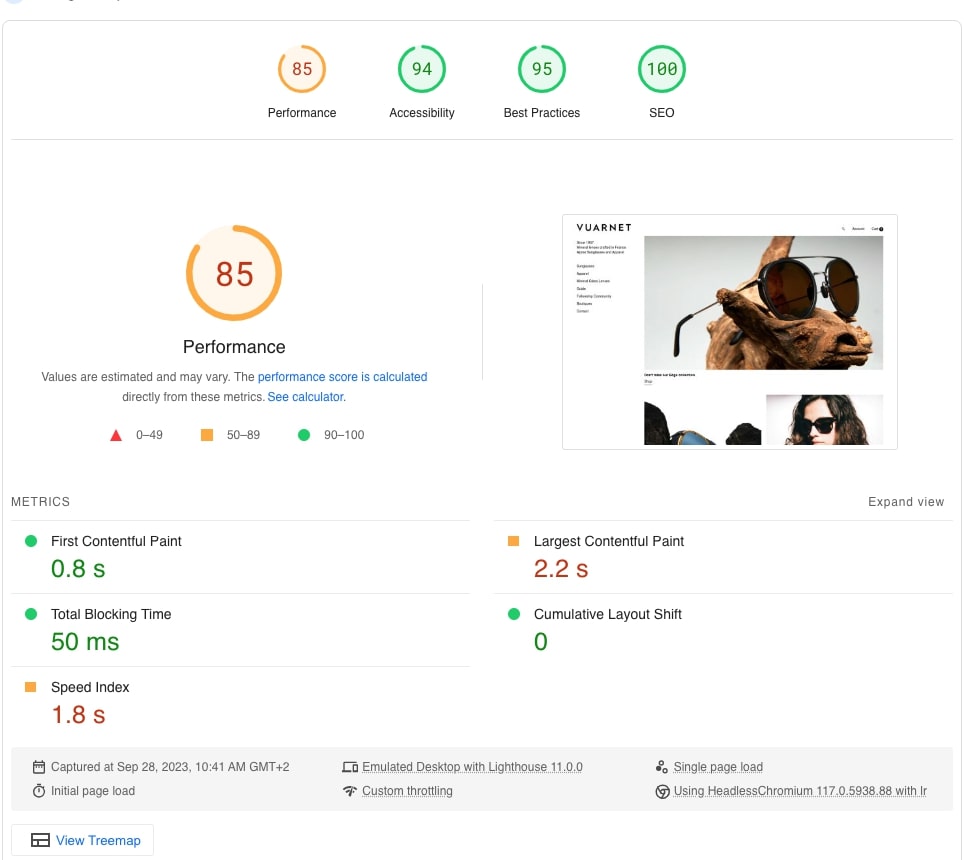
Starting with Google's PageSpeed Insights, this complimentary tool assists you in assessing your store's performance. Its major advantage is its ability to offer not just a comprehensive overview of your site's loading speed but also actionable advice to enhance it.
The optimization suggestions are grounded in standard web performance criteria like resource caching and data upload/download size. To begin, input your Magento store's URL, and in moments, Google will scrutinize both mobile and desktop versions, ranking suggestions by priority. The results are color-coded, with 90 or above considered fast, 50 to 90 average, and below 50 slow.
Price: Free.
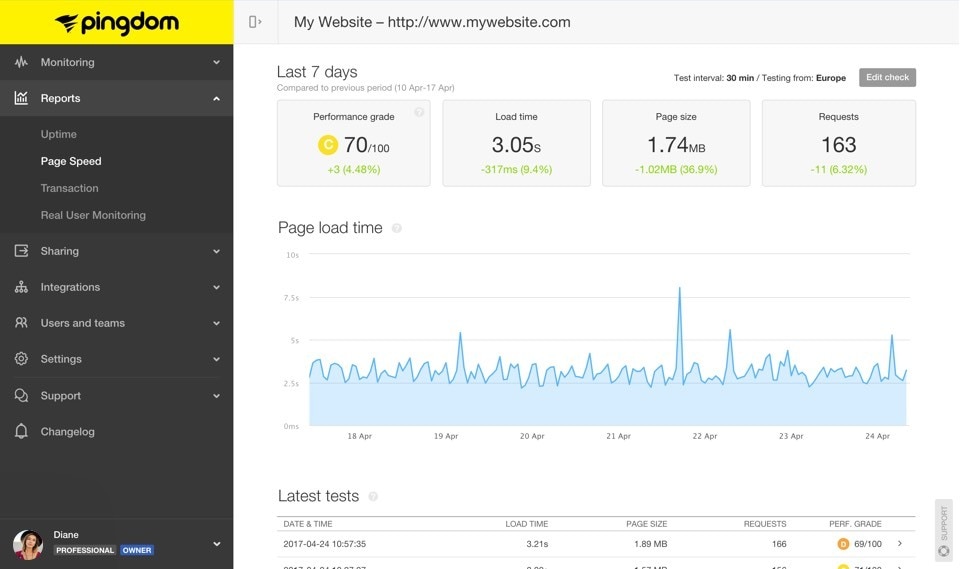
Another valuable tool is Pingdom’s page speed tool, offering insights and best practices to improve your site's speed and well-being. The reports feature a waterfall breakdown, performance grade, and overall page analysis. It's user-friendly; input your URL, select a test location, and run the test. It allows testing from different locations, providing details on load time, page size, performance grade, and more.
Price: Starts at $15/month with a 30-day free trial available.
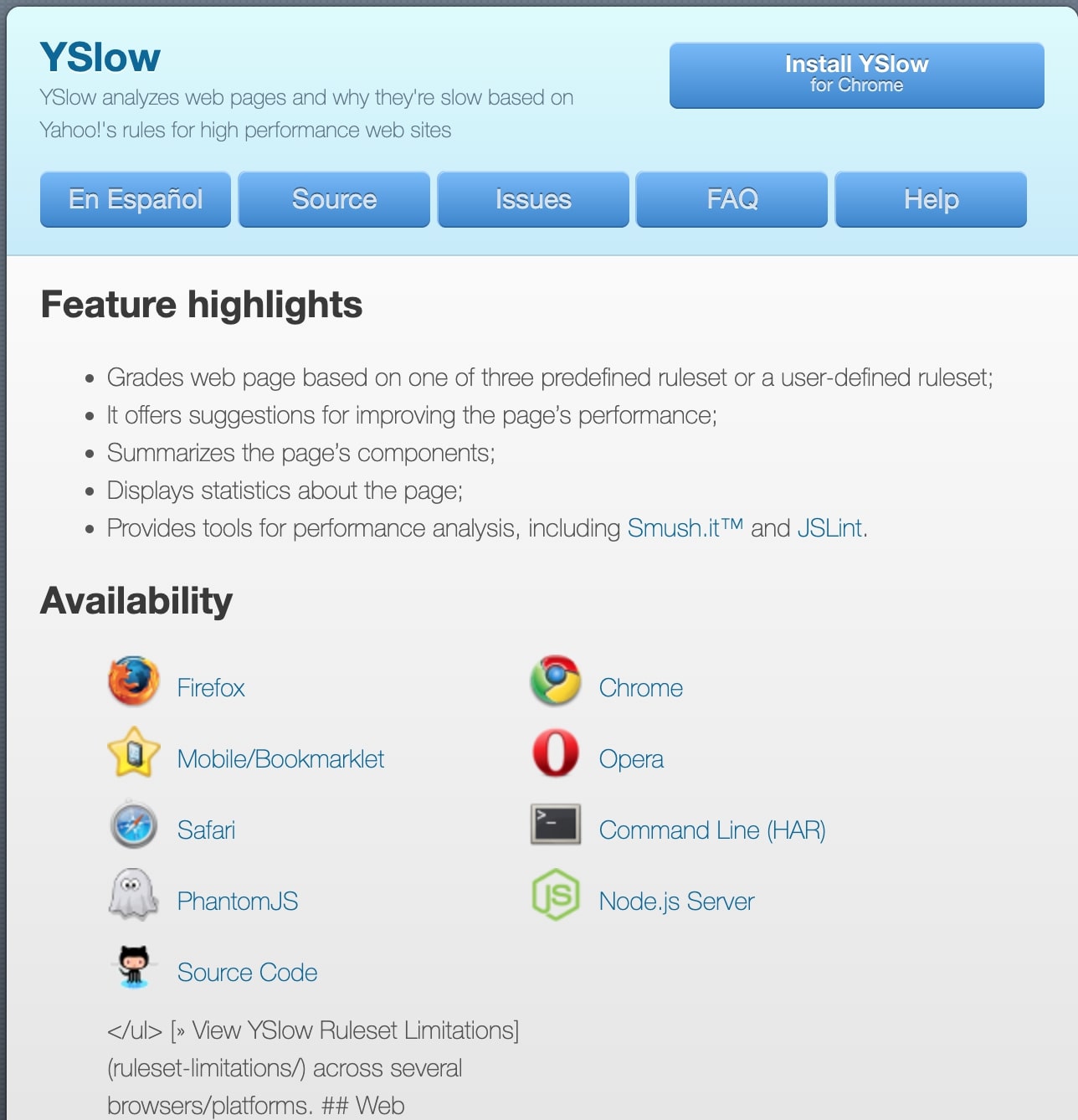
YSlow, integrated as a browser extension, bases its analysis on Yahoo!’s 23 performance rules. It provides page loading time statistics and improvement suggestions. The performance score ranges from 0 to 100. While it lacks a waterfall breakdown, it offers a content breakdown and components information, helping identify areas for improvement.
Price: Free.
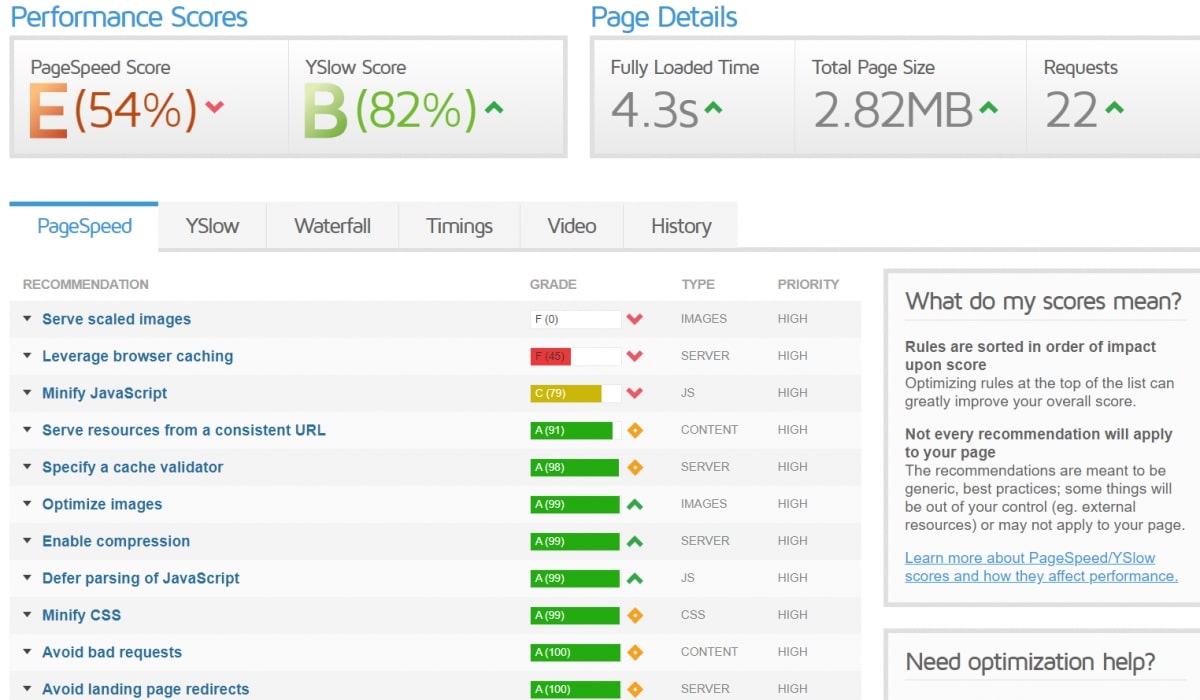
GTmetrix, a free tool, reveals your Magento ecommerce's loading speed and details on elements slowing it down. It utilizes both PageSpeed and YSlow for analysis, grading the results with color codes. It provides performance scales, fully loaded time, page weight, and request numbers, along with improvement suggestions.
GTmetrix also offers monitoring and performance tracking features, with a Pro upgrade available for additional features like detailed reports, multiple test locations, and automatic alerts.
Price: Free, with PRO subscriptions available; Solo — $10.67/month; Starter — $21.25/month; Growth — $42.50/month.
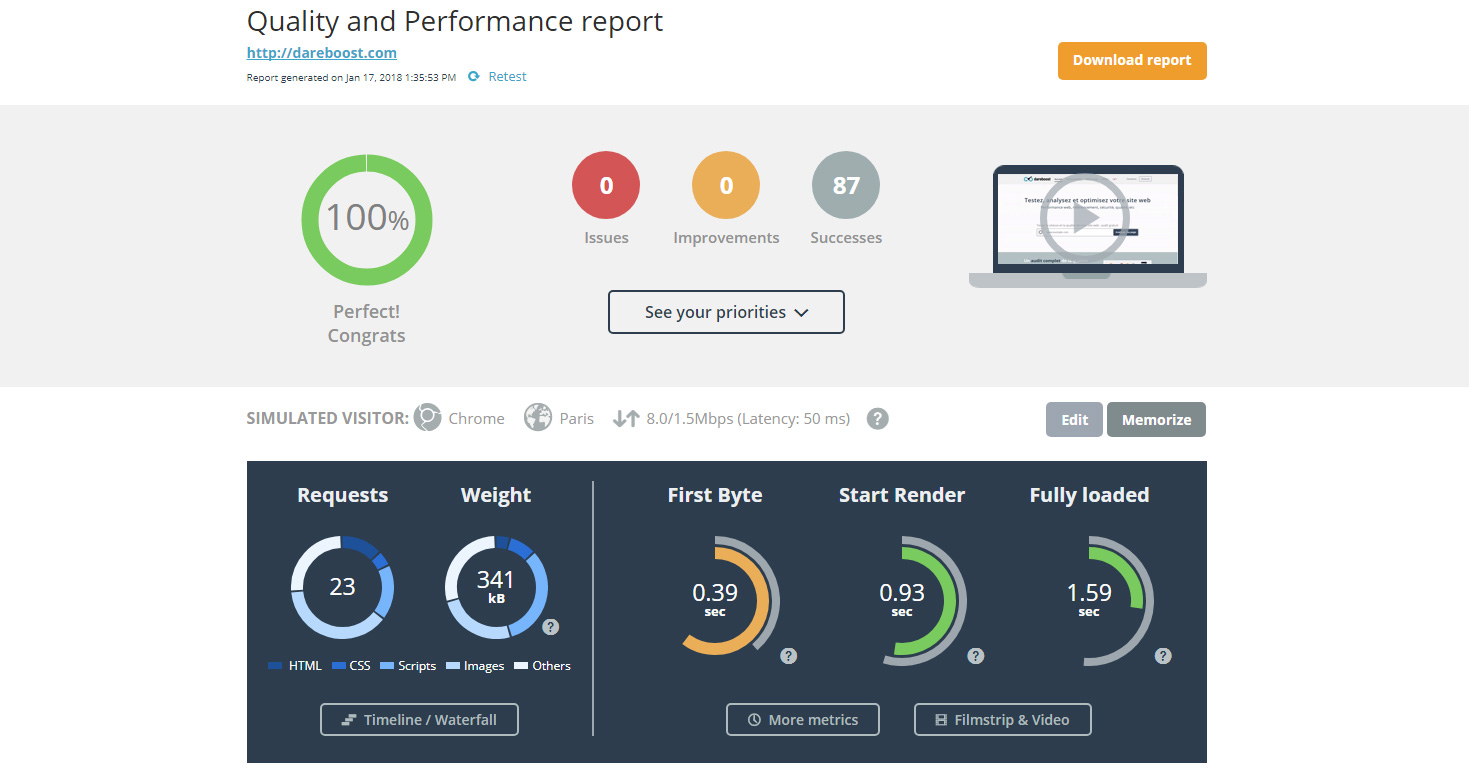
Dareboost is a comprehensive solution for managing the speed of any webpage, offering Real Browser Testing for swift and highly configurable tests. It provides a detailed performance report and actionable advice in various aspects like Cache policy, SEO, Security, Data amount, and more, to optimize speed.
Dareboost offers unique UX-related metrics, including video analysis to understand customer experiences as the webpage loads. To use, simply input the web address, select a browser and test location.
Price: Plans start at $60/month; Enterprise — quote upon request.
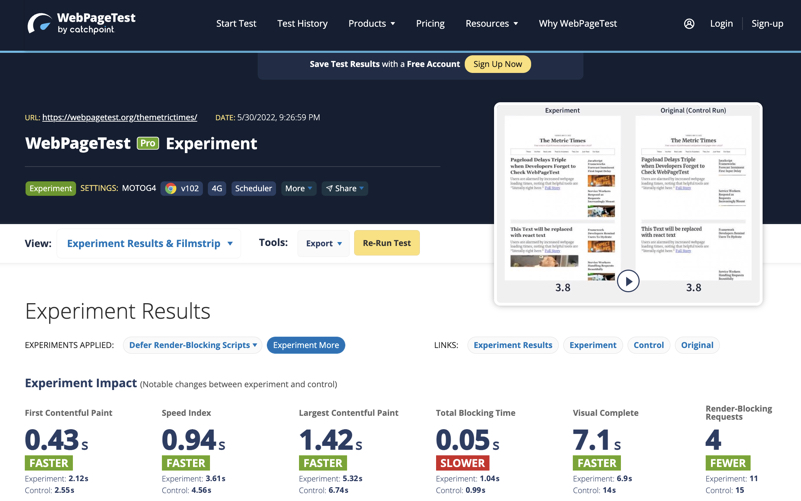
WebPageTest allows for both basic and advanced speed tests for Magento websites, grading from F to A on performance aspects like compress transfer and cache static content. It offers advanced testing features and a detailed report divided into sections like summary, performance review, and content breakdown. It allows analysis using different devices and browsers, identifying optimal viewing conditions and areas for improvement. Multiple runs can be performed to assess consistent page speed performance.
Price: Free.
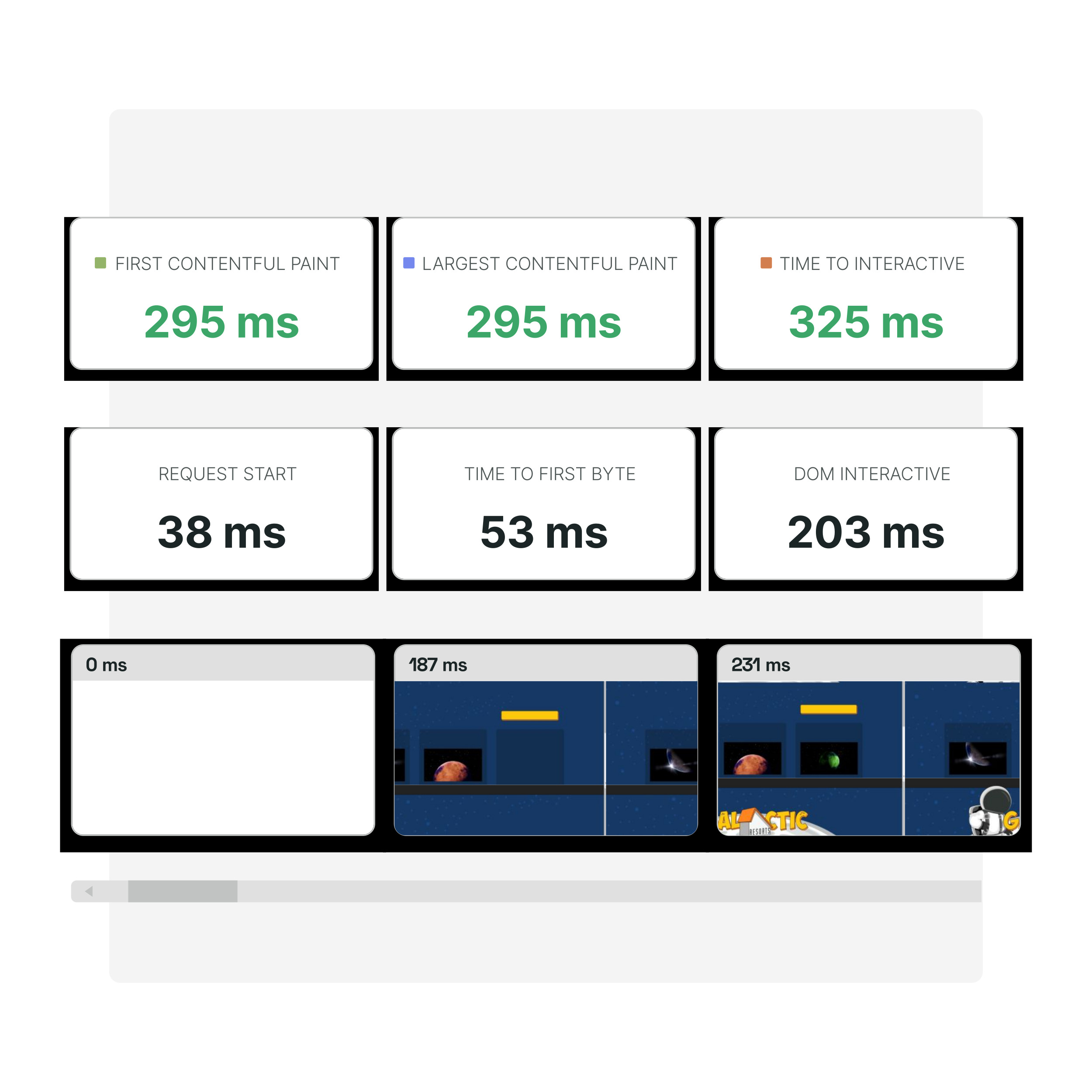
Uptrends enables quick site performance reviews, offering pertinent metrics and improvement suggestions. It provides diverse monitoring services and presents reports in waterfall breakdown and domain groups, categorizing resources into different sources. Uptrends supports various global locations and boasts a user-friendly and visually appealing dashboard UI.
Price: Plans start at $17.50/month with a 30-day free trial available.
Conclusion
In conclusion, optimizing website speed is not a luxury but a necessity in today's digital age. It is crucial for enhancing user experience, improving SEO rankings, boosting conversion rates, and maximizing revenue. Whether it is choosing the right hosting provider, optimizing images and databases, minimizing code, or leveraging Content Delivery Networks (CDN), every strategy aimed at enhancing website speed contributes to the overall success of the online platform.
Struggling with slow website speeds and looking to optimize your site's performance? Connect with SoftLoft today! Our team of experts will identify all the bottlenecks and work meticulously to make your website the fastest it can be, enhancing user experience and boosting your online presence. Don’t let slow speeds hinder your success. Contact SoftLoft now and let us propel your website to its maximum potential!



